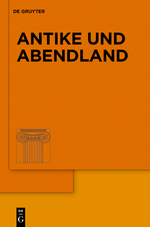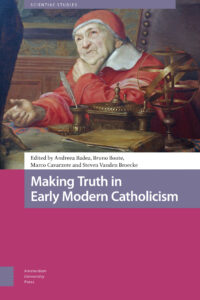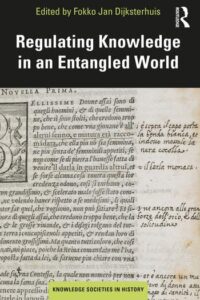Abstract
Late antiquity, roughly defined as the time from the third until the sixth century A.D., is extremely rich in documents that exhibit an impressive array of reflexions on language and culture. The best known and perhaps most influential figures within this period are Jerome (c. 347-419), Augustine (354-430), Boethius (c. 480-524), Cassiodorus (c. 485-c. 580), and Isidore of Seville (c. 560-636).
This paper concentrates on the statesman and scholar Cassiodorus and his ideas on language and culture in divine and secular learning, as expressed in his Institutiones, a work probably completed and published around 562. After a very succinct overview of Cassiodorus’ life, the more general character of his Institutiones will be discussed, including the agenda and target audience of this work. Special attention will be dedicated to the programmatic prefaces to each book. It will then be examined what Books 1 and 2 have to say on aspects of language and culture in the context of divine and secular learning.
About the author
Thorsten Fögen, Ph.D. from University of Heidelberg, Germany. Reader (Associate Professor) in Classics at Durham University, UK.
His published works include a book on Roman authors’ attitudes towards the Latin language (‘Patrii sermonis egestas’: Einstellungen lateinischer Autoren zu ihrer Muttersprache, Munich & Leipzig 2000: Saur) and a study dealing with Roman technical writing (Wissen, Kommunikation und Selbstdarstellung. Zur Struktur und Charakteristik römischer Fachtexte der frühen Kaiserzeit, Munich 2009: C.H.Beck).
He has edited ten volumes, most recently Graeco-Roman Antiquity and the Idea of Nationalism in the 19th Century: Case Studies (Berlin & Boston 2016: De Gruyter; edited together with Richard Warren), and Letters and Communities: Studies in the Socio-Political Dimensions of Ancient Epistolography (Oxford 2018: Oxford University Press; edited with Paola Ceccarelli, Lutz Doering & Ingo Gildenhard).


